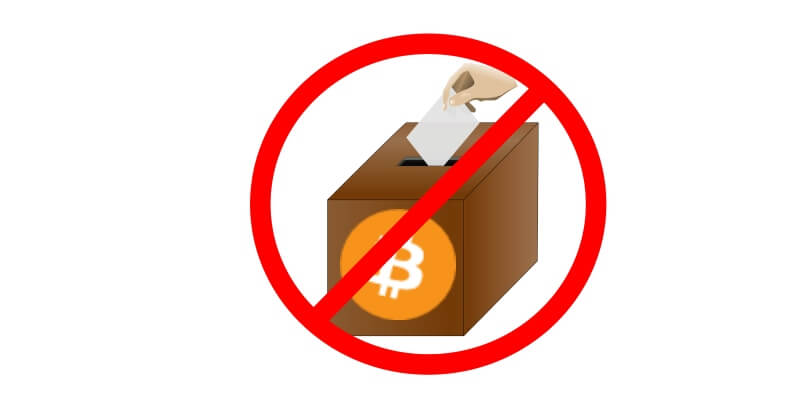
[Update: Bitcoin Foundation Director Bruce Fenton has released a statement and responded to our request for comment. The new statement reads that the Board will create new seats, which they need to do to have the minimum number of directors. Then, the plan is to vote to change the bylaws in order to appoint the two vacated seats without elections.]
The drama at the Bitcoin Foundation continued Tuesday when Olivier Janssens and Jim Harper were unceremoniously removed and asked to resign, respectively. The resignation and removal happened because, according to accounts on both sides, Harper voted to discontinue the organization and Janssens stated he would only support the Foundation if it had a viable plan going forward. This conditional vote of confidence apparently wasn’t enough and the remaining board voted unanimously to remove him as well.
Yesterday, in the Bitcoin Foundation forums, Fenton stated that the two vacated seats will be filled at the discretion of the remaining board members and not through an open election. Fenton blamed the cost of running an election as the reason for the removal of the democratic process. CoinDesk’s Pete Rizzo first reported that Fenton stated that the board was considering reviewing the process. Now, it has been all but confirmed that the board will not hold elections, for either the recent vacancies or vacancies in the near future.
“[I]t is very likely that the board will appoint the open board member positions, not hold the upcoming elections. The resources required to run an election are significant and we now have 4-5 seats to fill. “
This would seem to contradict the Foundation’s bylaws section 5.4. That section states that vacant board member seats, other than founding member seats, must be filled by an election.
“(a) Vacancies resulting from the expiration of a director’s term shall be filled by an election by the majority of a quorum of members in the class that elected that director.
[…]
(d) Vacancies of an Individual Director resulting from resignation of the director or removal of the director shall be filled by an election of a majority of a quorum of the Individual Members.”
Significantly, Fenton’s comments seemingly indicate that the upcoming elections, not just the recently vacated seats, will be appointed and not voted on. It is not clear if and when elections will be restored.
The Bitcoin Foundation’s financial woes have long been documented. Despite apparently successful measures to massively cut costs, they are running out of funds. Therefore, it isn’t surprising that monetary issues would be cited as a reason the election cannot go forward. That likely won’t placate members who voted Harper and Janssens to their former positions.
Oiliver Janssens and Jim Harper were elected on platforms of transparency and reform. With their ousting and their seats being filled by the remaining members of the forum, any further reform will have to originate from the remaining members.
Those remaining members will have to decide on new bylaws, which will require a 2/3rds vote. Considering the unanimous vote on Janssens, it looks likely that they will be able to find that consensus.
“Section 9.2 Bylaw Amendments: To the fullest extent permitted by law, the authority to make, alter, amend, or repeal these Bylaws is vested exclusively in the Board of Directors, and may be exercised upon approval of a two-thirds of directors then in office without the vote or consent of any member(s) or third parties except for Section 9.3.”
There are already open seats coming up for board members Meyer Milka and Elizabeth McCauley. If the election went forward, newly elected members could out number entrenched members. If reform minded individual members were hoping the upcoming elections would provide an opportunity to shift the balance of power in the Foundation, those plans seem unlikely at this point.
In the past two years, the Bitcoin Foundation has made several shifts. They originally acted as a trade group, promoting bitcoin to politicians and funding core development. They eventually shifted to solely funding core development before late last year when they refocused again onto community outreach. That focus has led to, most significantly, the DevCon conferences.
The Bitcoin Foundation is a private organization. If they want to remove the democratic process from it because it is too expensive and causes too much infighting, then that is their right. The only question that remains is how the Bitcoin Foundation’s contributing members, the ones who paid 2.5 BTC, in part for the right to influence the Foundation’s direction, will respond. More important, will they want to renew?
We have reached out to the Bitcoin Foundation’s Board Direction, Bruce Fenton, for comment on this story. He did not immediately reply but it was after normal working hours. We will update when we hear from him.

